Welcome to European Kinship: Eastern European Perspective, a special editorial project marking an exhibition of the same name at the Capa Center
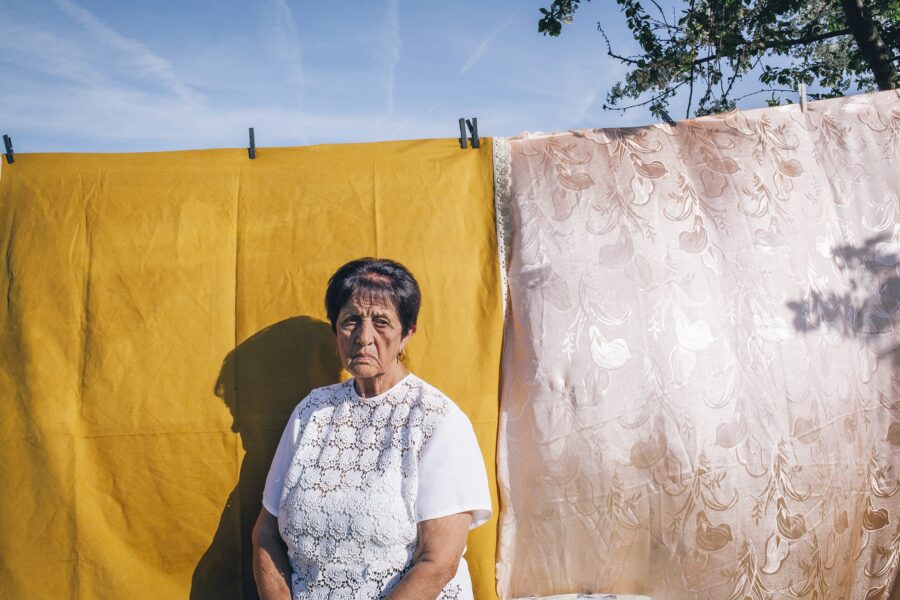

Welcome to European Kinship: Eastern European Perspective, a special editorial project marking an exhibition of the same name at the Capa Center
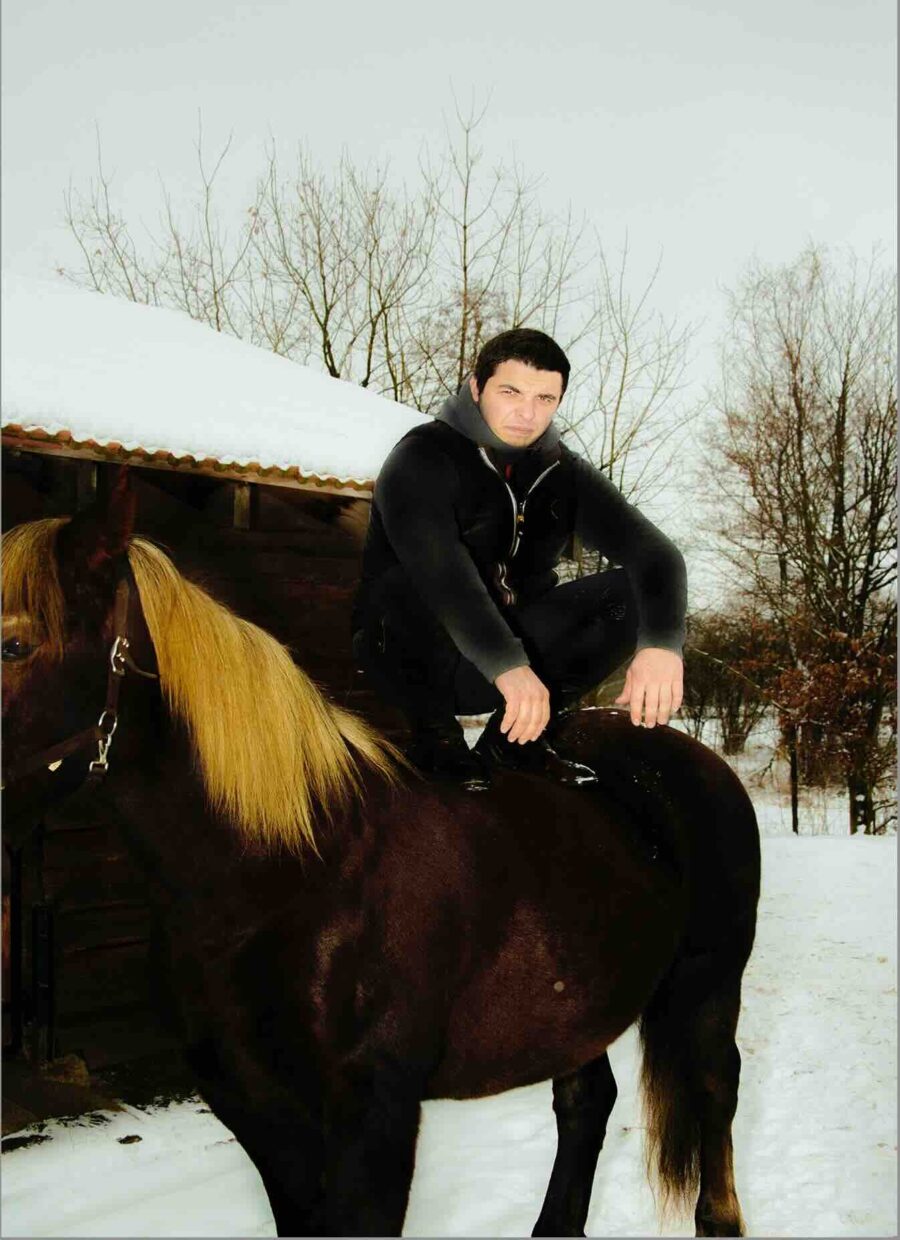
Welcome to European Kinship: Eastern European Perspective, a special editorial project marking an exhibition of the same name at the Capa Center
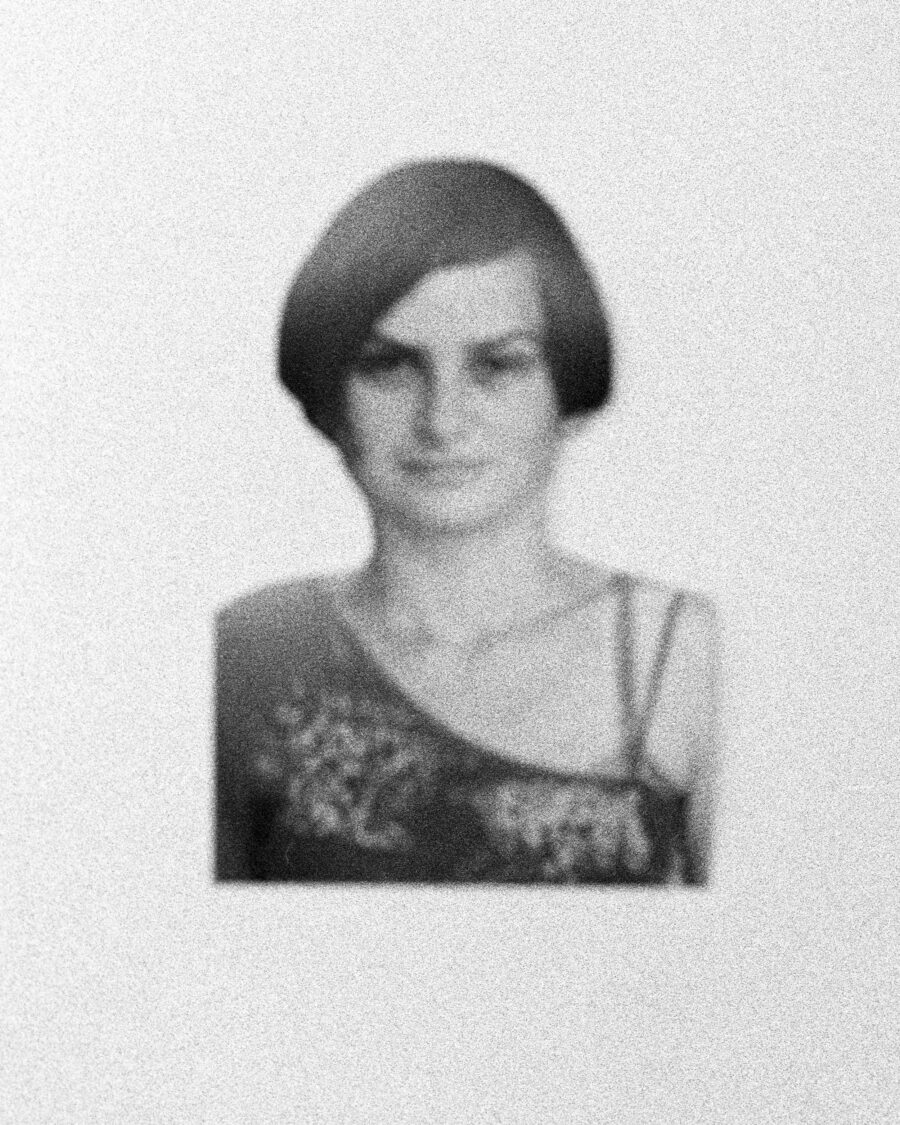
Repressed under communism, Polish photography burst into new life after 1989 and is now creatively evolving again, says Karolina Ziębińska-Lewandowska, director of the Museum of Warsaw
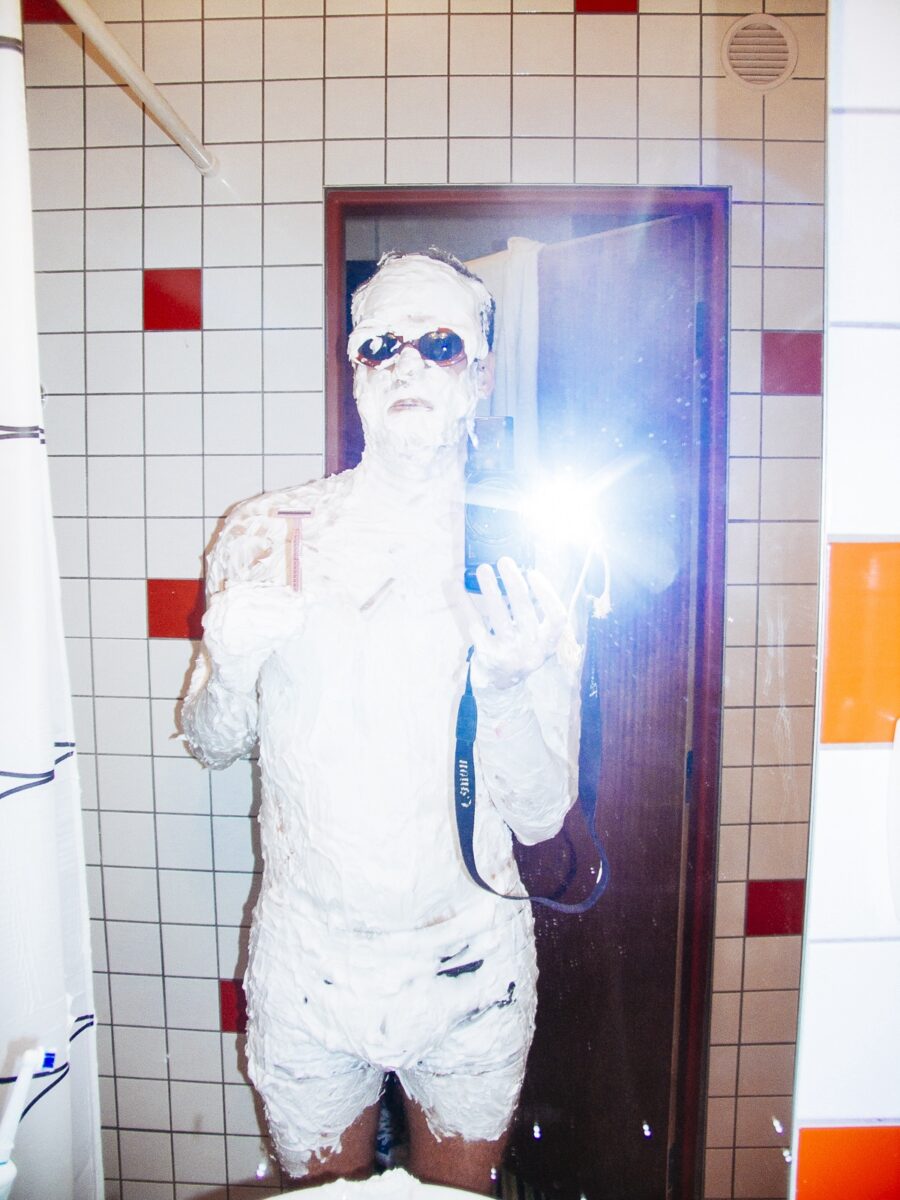
A group show put together by a Polish and a Hungarian curator, European Kinship: Eastern European Perspective picks out a shared sensibility across Eastern Europe – and beyond
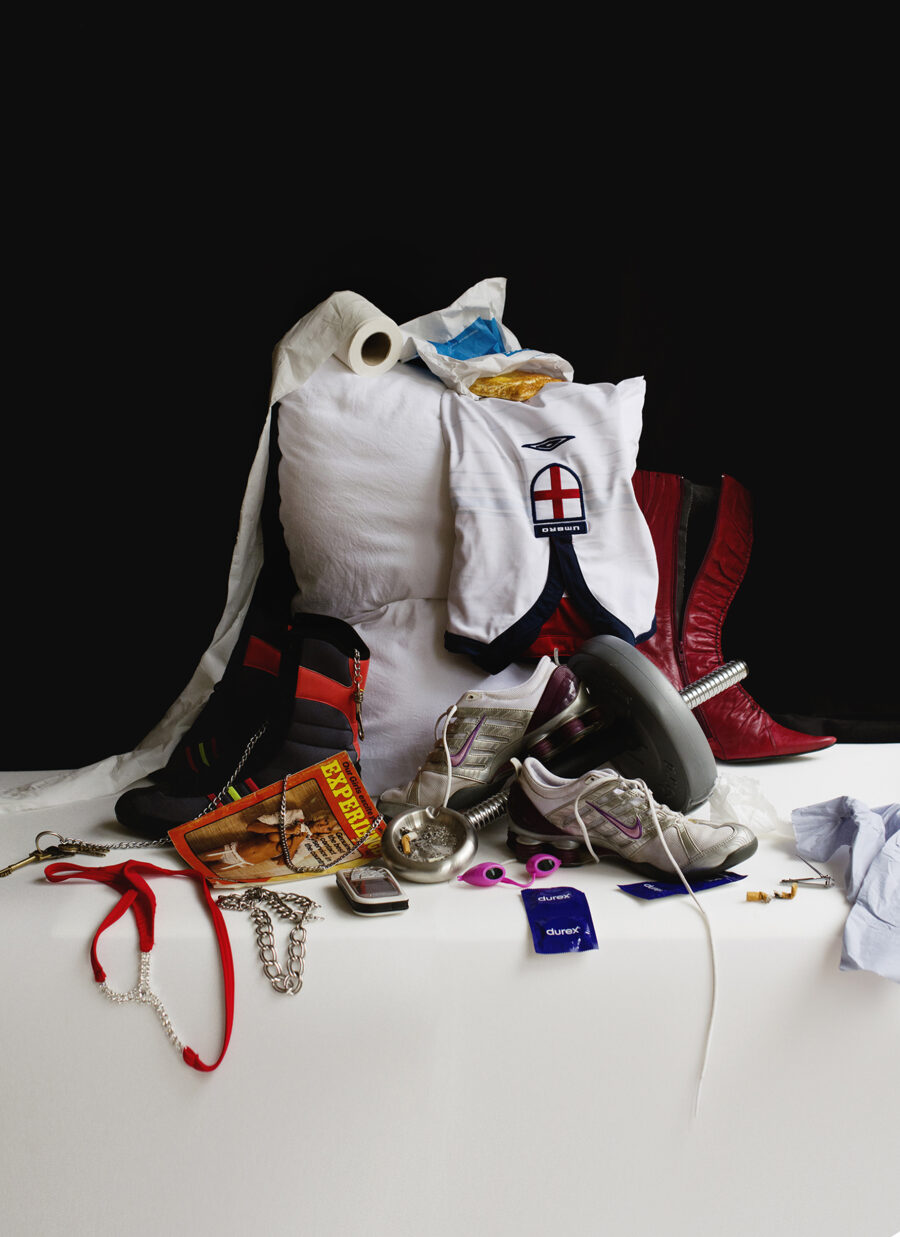
Through his staged photography, Kenneth Lam brings to life the stories embedded in the evolving Museum of the Home
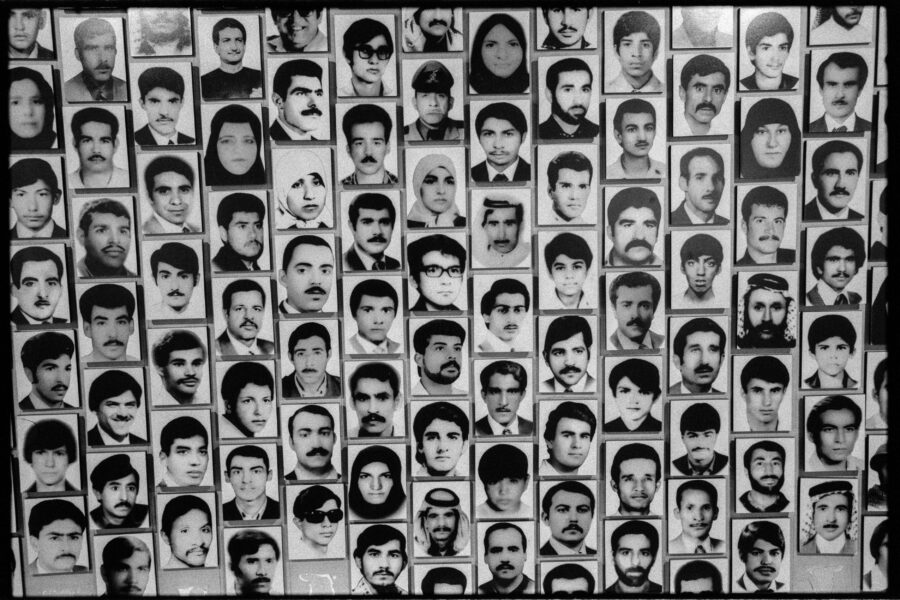
The Italian photographer spent years in Iraq focusing on its Shia communities and complicating the idea of ‘social Islam’
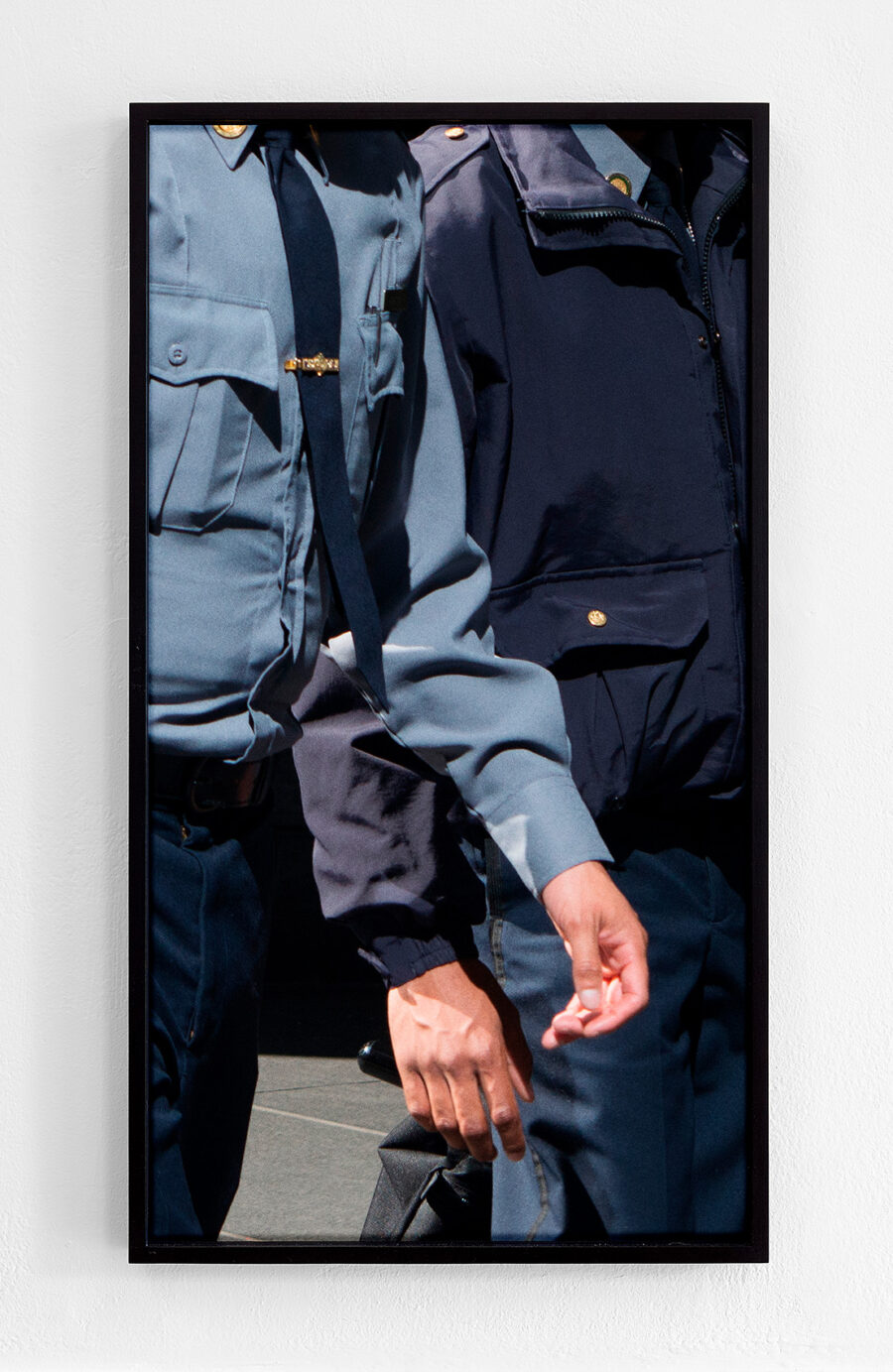
The Greek photographer’s latest solo show blends his photography with found imagery to create an actively critical voice, Phin Jennings finds
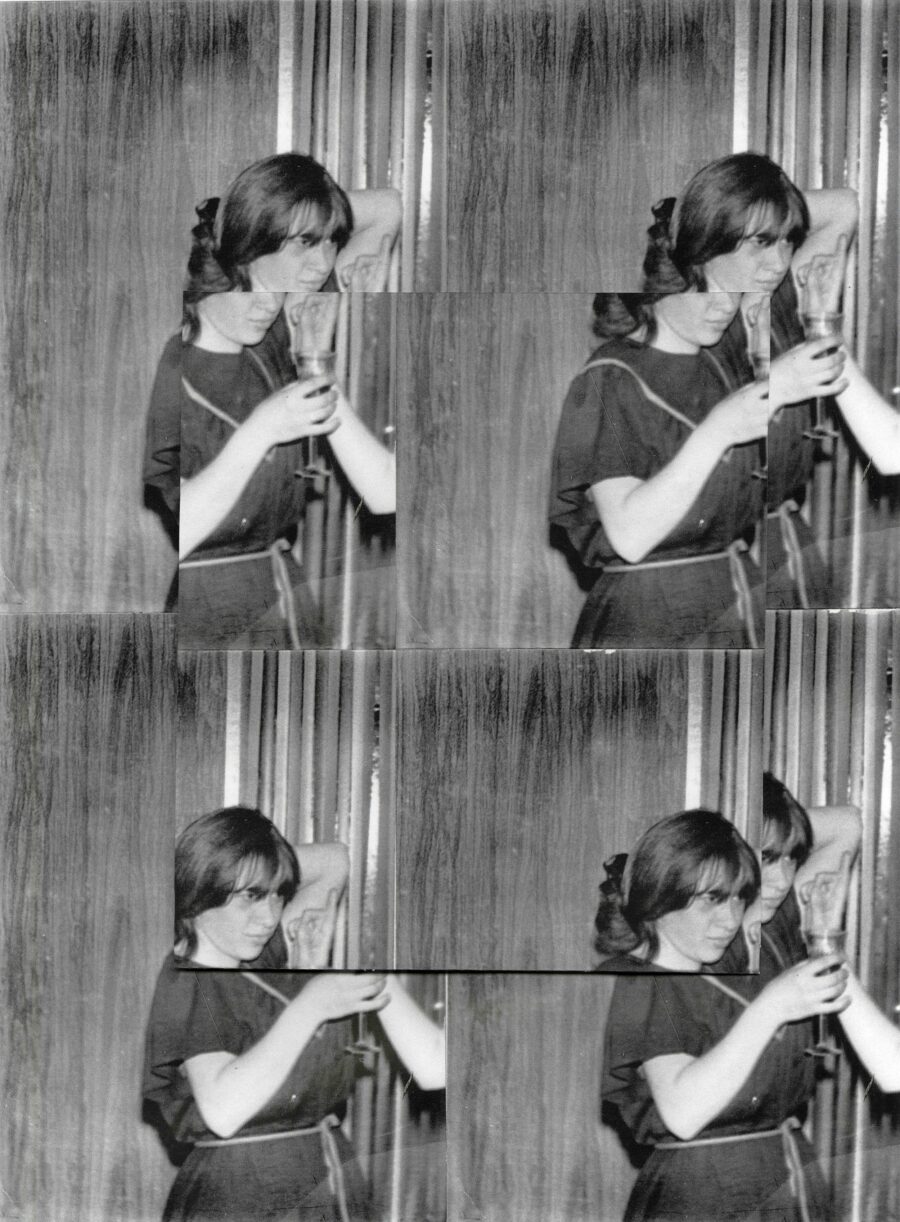
Through family archives and new images, Postponed Disbelief explores memory, language, and the impact of conflict
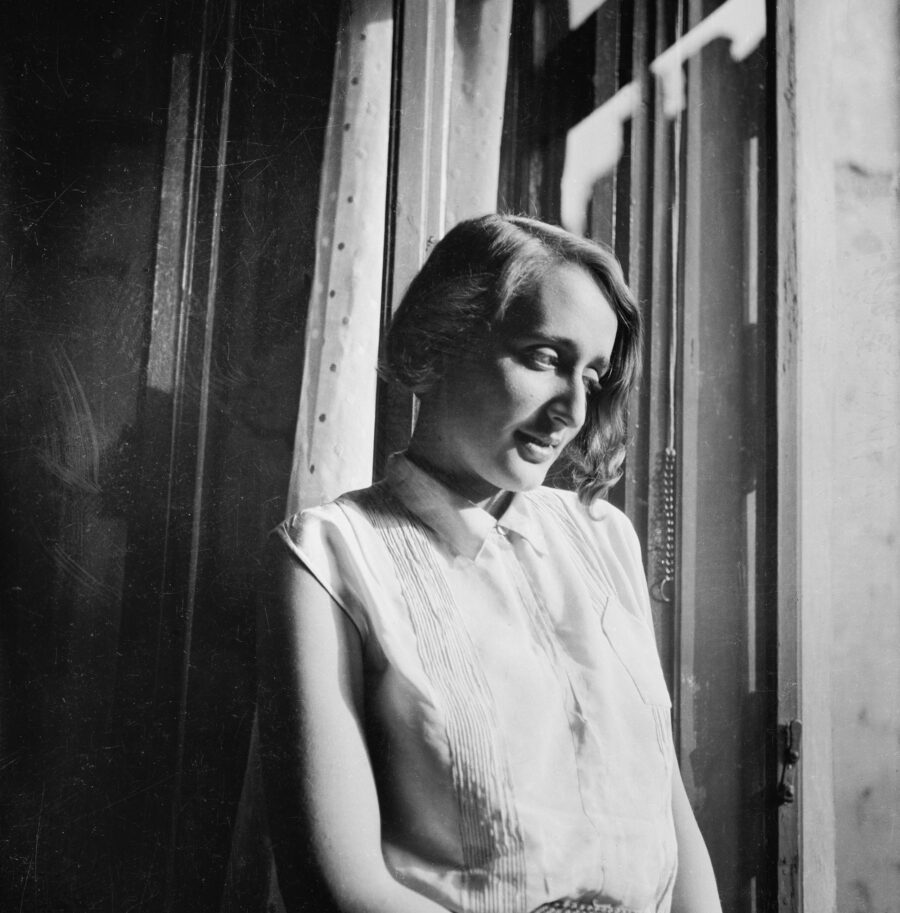
The photographer’s career has been overshadowed by her communist links and her more famous brother, but 25 years of her work is now being reappraised